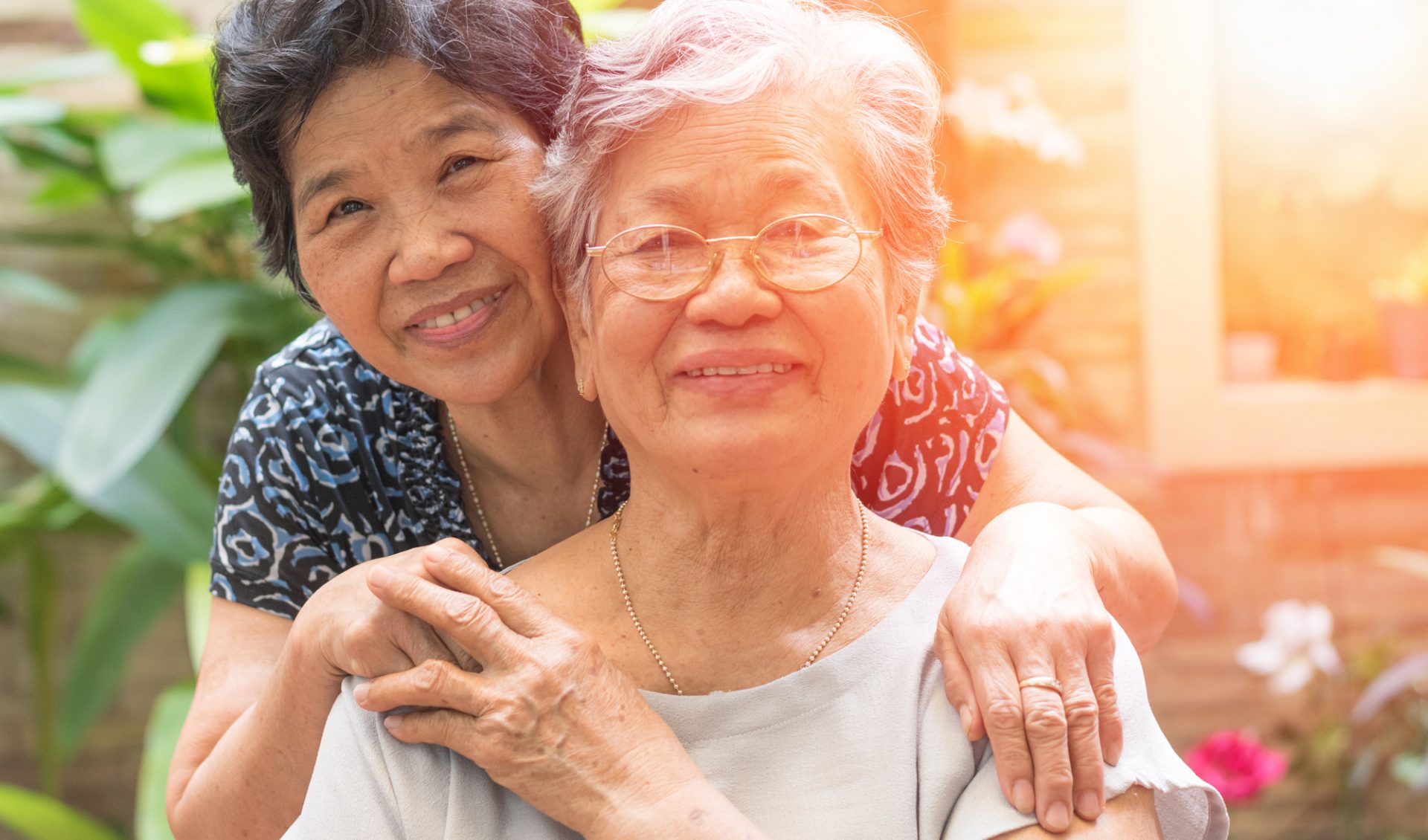Caregiving can seem difficult, but there is also plenty of joy that is waiting for you if you change your perspective a little.
As a caregiver, it can be hard to find joy in what you do at times. Watching your loved ones decline over an extended period is not an easy experience to go through, and nothing you’ve experience in life really prepares you for the day-to-day challenges of caring for a person with dementia. But whether the responsibilities were thrusted upon you or not, there is definite joy to be found amidst the challenges.
Looking At The Positives
There are many aspects of caregiving that have positive effects for us and for the person we’re caring for. It is simply a matter of recognising and appreciating these as we go about our daily activities.
Perhaps most noticeable is how caregiving brings us closer, both to the person we’re caring for and to other family members. Being a caregiver to someone gives you a new perspective which can help you to understand them better. And by sharing that workload with other members of the family, you are creating additional opportunities to bond for the sake of the person with dementia.
When we are a caregiver to a person with dementia, we have the opportunity to spend more quality time with them, as opposed to a more distant hello and goodbye. It also gives us the time and space to show our loved ones how much we care for them.
Caregiving has a positive impact on our life as well. The physical exertion will improve your physical health, while the mental strain helps to keep your mind sharp and improve your memory. You might even find your organisation and time-management skills improving as you get used to juggling multiple medical appointments and therapy sessions.
When you’re a caregiver to a person with dementia, you will also find that you’ll learn to adjust to changes better. If a favourite food changes, the menu has to be adjusted. If going to the movies becomes too difficult, you can stream movies on the television instead. Rather than digging your heels in and sticking to a single method, you’ll learn to relax your standards and accept that changes are inevitable.
A Treasure Map To The Silver Lining
There will understandably be days where seeing the positives can be hard. In times like this, there are helpful methods to see the positives of caregiving more easily.
The most important is to live in the present. Drop the comparisons to how your loved ones used to be and take each moment for what it is. If it is a good day where they are able to dress themselves, then it is an accomplishment to celebrate. On days where it seems more challenging, take joy in the fact that you’re able to be there and spend time with them.
Another thing to remember is that living does not end for you and your loved ones. Taking the person with dementia out for some fresh air can be challenging, but don’t let that stop you from planning manageable outings, like taking them to a nearby market or for a stroll in the park. The smiles on their faces will be worth it, and even if they forget this day, the time you spend with them will be a precious memory you can recall on tougher days.
Most importantly, don’t be too hard on yourself. See your self-worth for what it is; you are doing your best to provide care while respecting the dignity of someone who needs it. Recognise that you are only human and that you are doing your best. Be gentle with yourself and to your loved one, and remember that it isn’t anyone’s fault when we make mistakes. In the wise words of Dr Seuss, “Don’t cry because it’s over, smile because it happened.”



